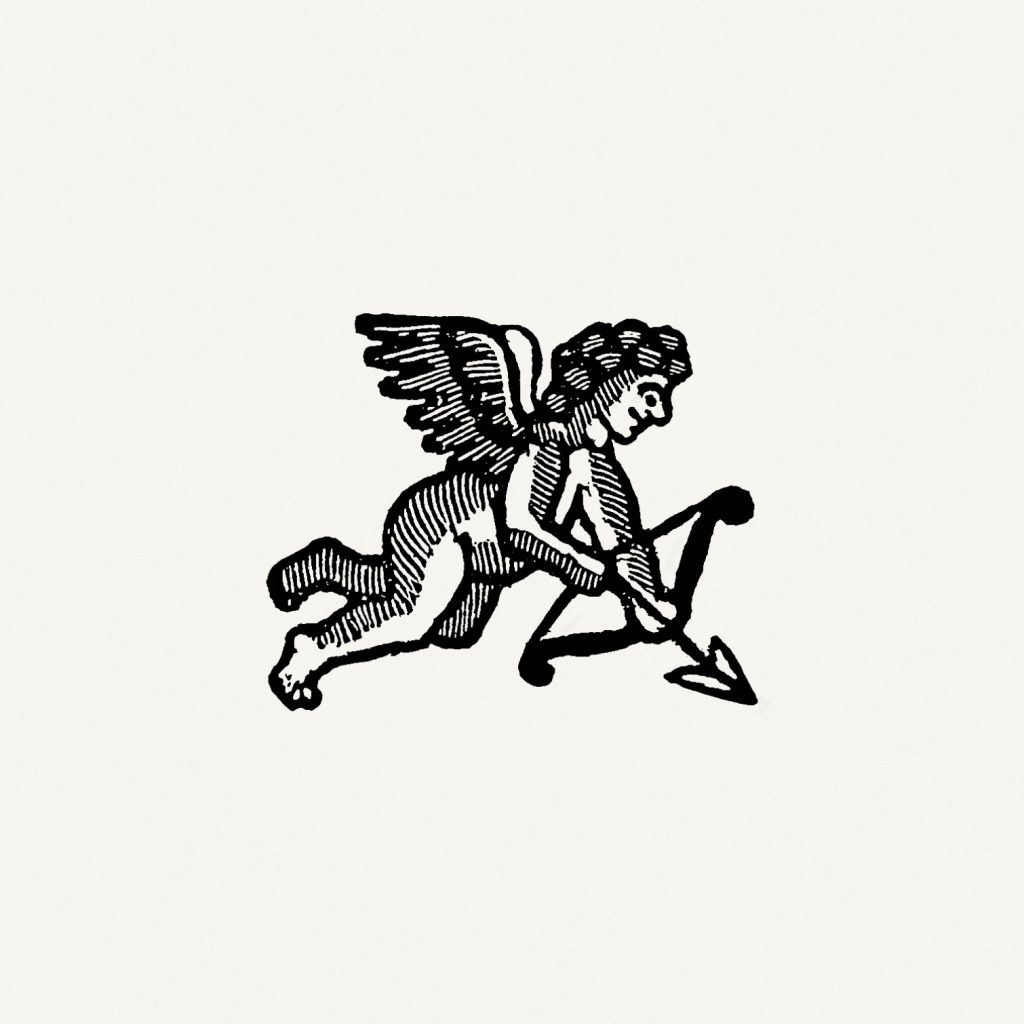If you’ve been depressed for a long time, something your doctor likely won’t tell you is: depression is part of your identity.
I’ve learned this lesson twice now after taking medication that successfully alleviated some of my depressive symptoms and “lifted the veil” enough so I could see things more clearly. The first time was remarkable in that although I no longer felt depressed, I could still sense that depression continued to exist within me. I actually could close my eyes and see a tennis-ball-like sphere of pulsating energy. It both was and was not me. It both did and did not exist. I believe what I was picking up on was the ingrained emotional, cognitive, and behavioral patterns associated with my depression. These do not just simply disappear. Part of me was continuing to experience life as a depressed person, but that part of me was no longer in the driver’s seat. However, if I paid close attention could I identify the depressive thoughts, feelings, and impulses that I no longer identified with via some form of pharmaceutical magic.
The second time occurred after a period of relapse and trying a lower dosage of the same medication. With a lower dose came more manageable side effects and a more modest alleviation of depression, but a new complication arose because a change in my personal life circumstances. You see, at this point in time I was resolved (or at least as resolved as I was capable of) to be an artist, whereas before I was a businessman. I do not believe, as many do, that an artist must be miserable to be any good, however, an artist will be no good if their subject matter is misery and they are no longer miserable. An artist must be intimately connected with their material.
My subject matter was misery, or rather all the art I had previously produced was from the perspective of a miserable person. I could no longer produce art of the same style because I no longer felt the feelings that inspired the art. I tried to force myself to feel them again, but the art came out feeble.
Now, I must come clean about something: I have been writing in the past tense, but I am still struggling to become a happy artist. I am not writing this from the other side. I said I believe happy artists exist, but it is really more a hope than a belief. Yet I believe (hope?) this writing has helped me develop a solution to this dilemma.
What is this solution to identifying as depressed? Re-inventing yourself.
I cling to my previous artistic perspective and depressive tendencies because they are known, safe, predictable, whereas the only the only certainty about whatever comes next is that it will entail hard work and discomfort. I can no longer passively rely on the artistic instincts I previously honed, I must actively find new ways to be inspired. I must learn the art of positivity.
Easier said than done. Re-inventing one-self is arguably the hardest thing there is to do in life. Many people never do it. We cling to our identities and behaviors even when they are maladaptive. Your relationships, livelihood, favorite memories, taste in music, clothing, and so many other cherished aspects of your life are intimately tied to your current identity. You may have to rework or sever some of these seemingly beneficial connections. Change is hard and letting go is painful.
I do not possess a “playbook” for re-invention and I haven’t seen any online, but I think there are a few techniques that could be helpful. Mantras, visualization, gratitude, a change of scenery (in location, friendships, or even your job), and even something as seemingly trivial as a makeover can be transformative.
I will try to report back on whether my personal efforts are successful, but regardless if these re-invention techniques work, I hope you find value in being aware of this potential pitfall on your wellness journey.
P.S. if you are a doctor or mental health professional, I urge you to consider these dynamics when treating a patient with powerful behavioral medication and in general. I believe greater success is possible if we also treat the deeper psychological dimensions of depression.
